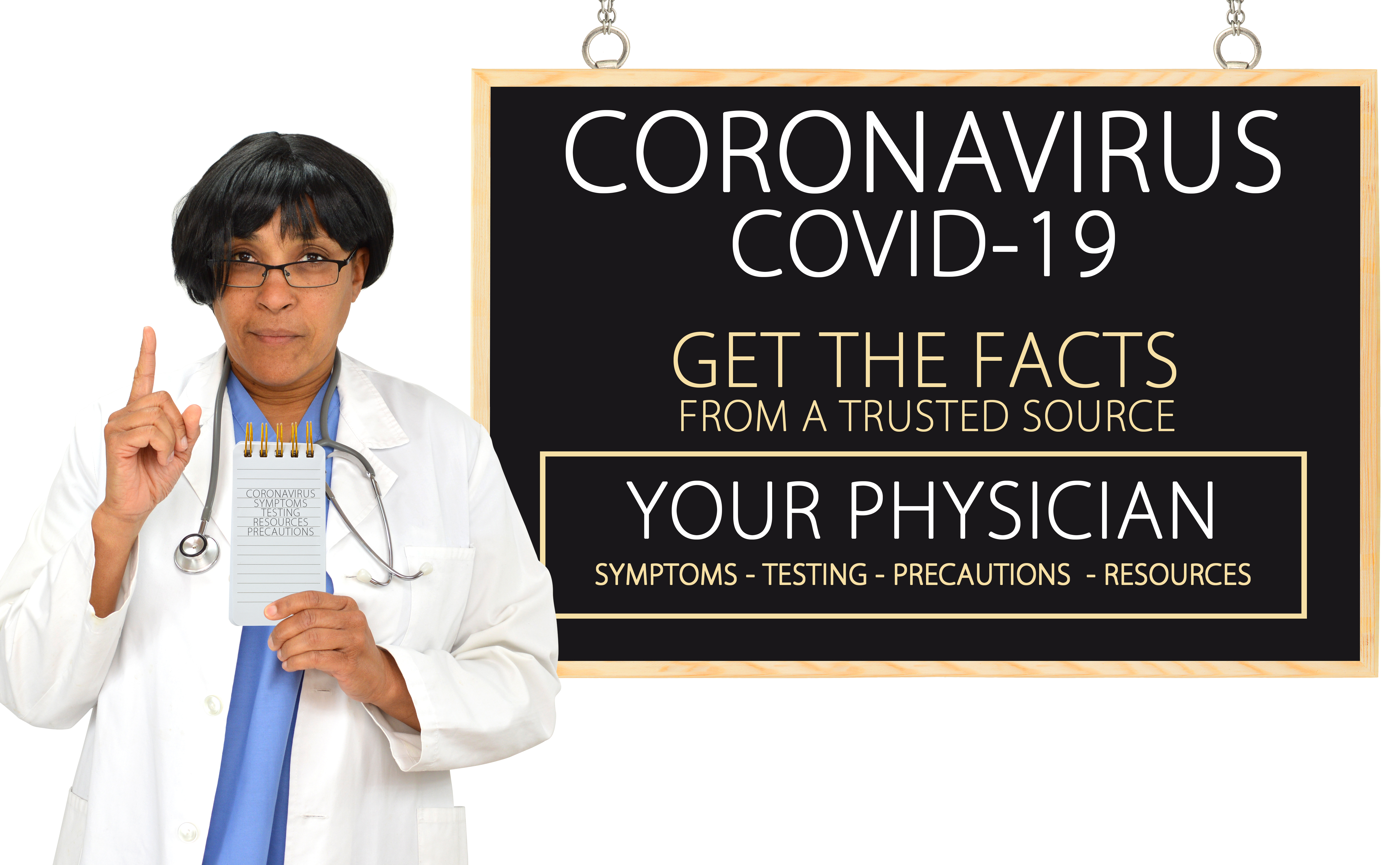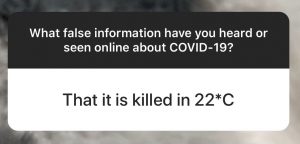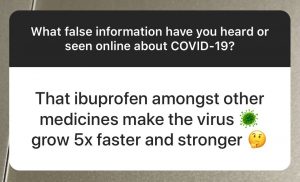
Get the Facts – Busting Coronavirus Myths
As with any big story, there is a lot of information floating around about coronavirus; the trouble is, not all of it is true. We’ve put together some of the most common myths surrounding coronavirus, its effects, and what will and will not keep you healthy.
Because this is a running story, this will be a running list, so keep checking back for the latest!
If you see any myths you’d like us to bust, let us know! Get in touch with us at covid19@fancentro.com
Myth: You can get coronavirus testing at any time
Fact: A doctor will determine if you need to be tested or not
One of the biggest hurdles in the COVID-19 outbreak is the availability of testing. There is no quick and easy route at the moment, so if you’re feeling unwell you should see your doctor immediately so he or she can determine if testing is necessary.
So stay aware, and if you think you may have been exposed to or infected with COVID-19, call your healthcare provider right away to find out what to do next..
Myth: Face masks can protect you from the coronavirus
Fact: Face masks can help offer some protection, but if you’re healthy they aren’t recommended
****Update!****
CDC is now recommending the use of cloth face masks in public
While previous advice from the WHO and CDC did not advocate the use of face masks, new information has emerged to show that wearing a mask can help lessen the spread of COVID-19.
Does that mean you should seek out medical-grade masks? NO! Healthcare professionals are already facing a lack of equipment, so medical-grade masks should be saved for those who need them most. Instead, the CDC is recommending the use of cloth masks, which can be easily made at home.
Making your own mask? Here are things to remember:
Cloth face coverings should:
- fit snugly but comfortably against the side of the face
- be secured with ties or ear loops
- include multiple layers of fabric
- allow for breathing without restriction
- be able to be laundered and machine dried without damage or change to shape
The CDC recommends the use of cloth face masks whenever you’re in public, or if social distancing is hard to maintain. Get all the details, plus details on how to make your own cloth mask here.
Myth: Masturbation will keep you safe from coronavirus
Fact: We definitely want you to masturbate, but sadly it won’t stop COVID-19
While some small studies have indicated some evidence that the immune system gets a boost from sexual stimulation, it’s not enough to protect you from coronavirus.
However, masturbating is a good way to practice social distancing AND it will help ease your anxiety, so by all means, go at it!
Myth: Pets can spread the coronavirus
Fact: Animals aren’t carriers of COVID-19
While the very definition of coronavirus is a virus that spreads from animals to humans, COVID-19 is just one strain of coronavirus, and there is no evidence that it can be spread by your pet, so feel free to snuggle away.
Myth: Frequently drinking water will prevent the coronavirus from entering your lungs
Fact: Drinking water will keep you hydrated, but it won’t stop you from getting coronavirus.
This is a piece of copypasta that’s making the rounds, and it sounds great, but unfortunately there’s no truth to the idea of water defeating COVID-19. This myth was attributed to experts at Stanford University, but a statement directly from the university effectively debunks it.
While staying hydrated is a component of good health, water alone is not enough to keep coronavirus at bay. Believe it or not, your system is already equipped with defense mechanisms that are hard at work to keep viruses out.
Myth: You can get the coronavirus from the mail
Fact: Viruses won’t live long on things like letters and packages
Mail goes through a lot before it hits your mailbox, and because of that it’s highly unlikely that you’ll contract anything from it. Between the mechanical processing and changes in heat and humidity, any virus that may be present will most likely be killed.
While you don’t have to be afraid of mail, you may want to do your mail carriers a solid by not shopping online for non-essentials until things are getting back to normal.
Submissions from our influencers!

Myth: Heat can kill the coronavirus
Fact: Heat can kill the virus — but it has to be extreme
This is more of a yes and no situation. Technically, yes, heat does kill the virus, but we’re talking HIGH heat; much higher than you’re going to come across in your normal everyday life. Hospitals and medical staff have specially heated instruments to kill the virus, but applying heat at home – showers, hot baths, or even having a steaming cup of tea – won’t be enough to get the job done.
Similarly, the idea that COVID-19 will die down when the weather heats up is not necessarily true. It’s still too early to tell if the coronavirus will be similar to the flu in that respect, but with cases in places like Australia and Singapore, the odds don’t look good that warm weather will be enough to stop it.

Myth: Ibuprofin (and other meds) make coronavirus faster and stronger
Fact: The World Health Organization does not recommend against the use of ibuprofen to treat COVID-19 symptoms.
While there aren’t a lot of studies, based on current information the WHO does not suggest abstaining from ibuprofen to help treat symptoms. However, if you’re concerned, you can opt to start with acetominophen for pain and fever reduction until more researched is conducted.





